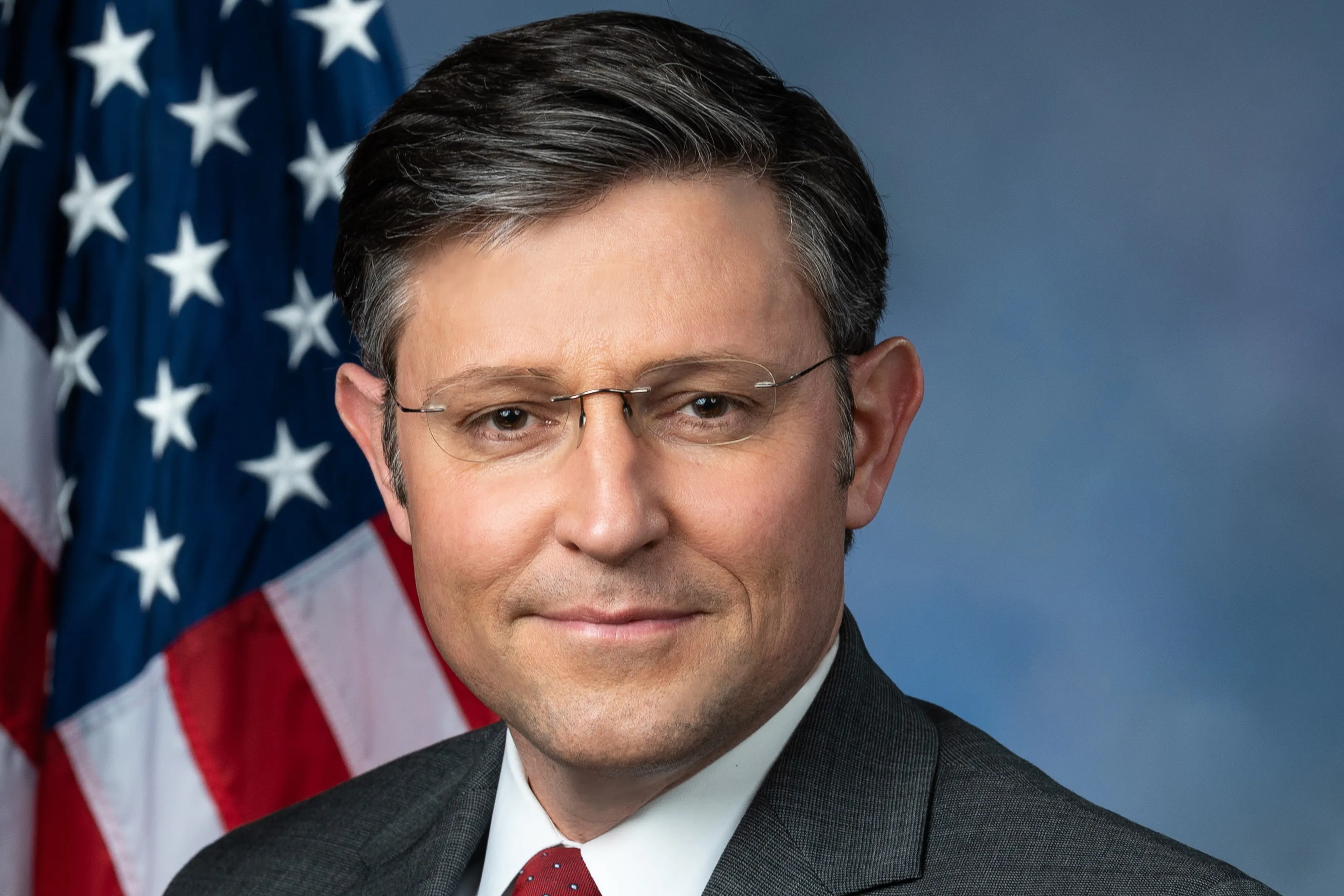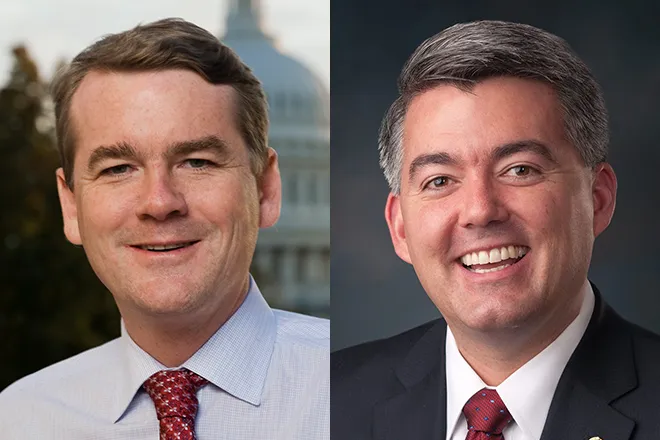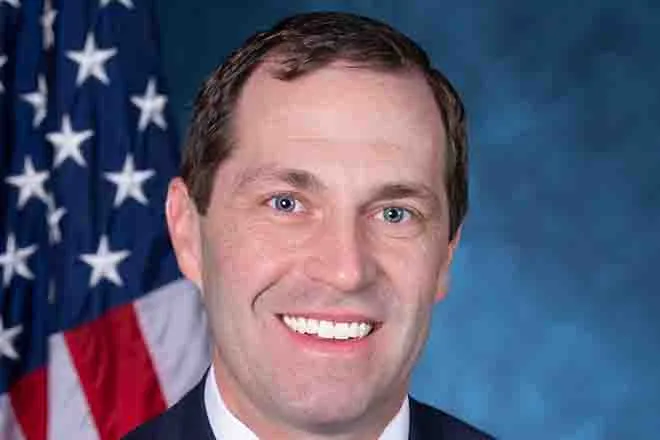
Daily Audio Newscast Afternoon Update - August 20, 2025
© INDU BACHKHETI - iStock-1336427297
News from around the nation.
Hurricane Erin is about to unleash the sea on the East Coast, closing beaches from Florida to New York with monster waves; Study: Lack of higher education funding weakens NH workforce; NC community worries data centers would drain local water supply; IN weighs new rules on medical debt.
Transcript
The Public News Service Wednesday afternoon update.
I'm Mike Clifford.
As we file this update, Erin is now a 100 mile per hour, category 2 hurricane and could get a bit stronger today as it tracks north and nearly parallels the east coast.
That from CNN.
The report North Carolina is under a state of emergency and evacuations have been ordered in parts of the outer banks which will get rock with storm surge and destructive waves of 20 feet or more later today.
Erin is unusually large, making it more capable of delivering dangerous conditions at beaches along much of the East Coast.
CNN notes dozens of rip current rescues have been conducted this week in North Carolina alone.
Officials from Florida to New York are warning people to stay out of the water.
Next to New Hampshire, where a lack of public higher education funding could impact future workforce development, according to a new study.
The New Hampshire Fiscal Policy Institute finds the state appropriated just over $4,600 per full-time student in fiscal year 2024.
That's compared to the national average of nearly $12,000.
Senior policy analyst, Nicole Heller, says with less state support, students take on more debt to cover tuition and fees, which can have long-term financial impacts.
Saving for retirement or buying a house, that becomes more challenging when individuals have student loan debt that they need to pay off over time.
The study finds graduates from New Hampshire colleges and universities are more likely to have student debt than graduates in other states.
Heller says reduced state funding has also led UNH to issue layoffs, reduce student services, and cut down on available work-study programs.
I'm Catherine Karley.
And a proposed Amazon data center campus threatens to worsen water issues in a small North Carolina community.
The company announced plans to build the campus on nearly 800 acres of land in Richmond County, 80 miles east of Charlotte.
More than $10 billion will be invested in the project and the company claims it will create more than 500 jobs over the next five years.
The centers will consume large amounts of local water to operate and members of the community are pushing back.
William Ingram is a local farmer and co-founder of the Richmond County Coalition for Justice and Black Empowerment.
He explains the community already has water problems with some wells running dry.
Now with the coming data center here in Richmond County, we have an even bigger issue and the issue is that it's the amount of water that it will consume a day with our already pressing water issue.
I'm Eric Tegethoff reporting.
Next, Indiana lawmakers are weighing how to balance protections for Hoosiers struggling with medical debt against the ability of hospitals and providers to collect payment.
Sam Snyderman with United Way of Central Indiana told lawmakers the burden of unpaid bills continues to grow.
We need coordinated solutions that address the high costs of health care and patients' ability to pay while also protecting patients who do have medical debt from burdens like adverse credit events.
Indiana ranks 11th in the nation for the number of residents with medical debt in collections.
This is Public News Service.
So do you know which farm the milk in your fridge comes from?
Smaller dairy farms in Minnesota say they're increasingly worried it's not from their cows, but rather factory farms.
Dairy farms have long been at the heart and soul of Minnesota's agricultural sector, but data show corporate consolidation has helped lead to a dramatic shrinking of independent producers of milk, cheese and other dairy products.
State Attorney General Keith Ellison says his office is interested in making use of antitrust laws to prevent small farms from selling off their land.
Dairy farmers that are small are innovative, they're efficient, but they just sort of have the deck stacked against them.
Ellison says establishing market fairness overlaps with other needs of rural residents, including health care and high-speed internet access.
Dairy consolidation woes are likely to be raised during an August 24th town hall in Paynesville featuring Ellison and hosted by the Land Stewardship Project.
I'm Mike Moen.
And Kentucky's received about $62 million in grant funding from the EPA's Solar for All program to expand access to solar power and help households reduce utility costs. communities will no longer see those funds after the Trump administration announced the program's cancellation.
In 2023, the Commonwealth created a proposal that aimed to reduce participating households monthly energy bills by up to 20 percent.
It mainly reaches low income households and communities that do not often have access to renewable energy, explains Julia Finch with Sierra Club's Kentucky chapter.
Another goal was to provide jobs and trainings in renewable energy and to create a workforce that is ready to engage with renewable energy.
So we see this as a huge setback.
Louisville and eastern Kentucky counties had planned to use 150 million dollars to create a forgivable solar loan program for low income households as well as build community centers powered by solar panels for use during natural disasters.
This is Nadia Ramligan for Kentucky News Connection.
Finally, federal cancer research that has fueled life-saving treatments in Alabama and beyond for decades could soon take a The Trump administration's 2026 budget proposal calls for slashing the National Cancer Institute funding by nearly $2.7 billion and cutting the National Institute of Health by more than 40 percent.
Dr. Qasim Hassani is an oncologist and health policy researcher at the University of Alabama at Birmingham.
At UAB, at least, you know, we've seen how quickly research turns into new therapies for our patients here in Alabama, here in Birmingham.
But if funding drives up, that progress stalls.
So the end result is more suffering and fewer lives saved.
Hussani explains that reductions would be especially harmful for research areas that don't typically attract private investment.
Shantia Hudson reporting.
This is Mike Clifford for Public News Service, member and listener supported.
Find our trust indicators at publicnewsservice.org.

















